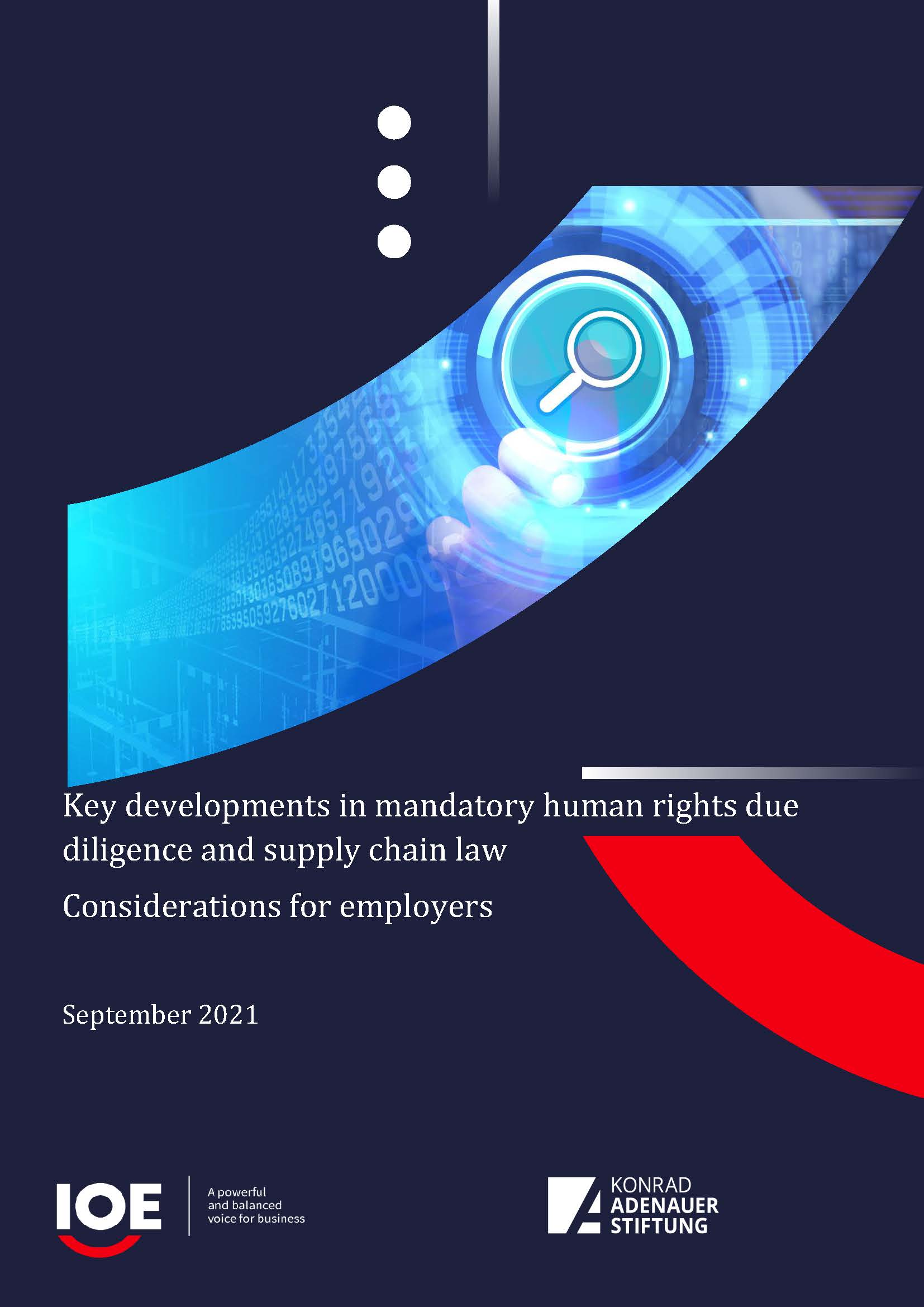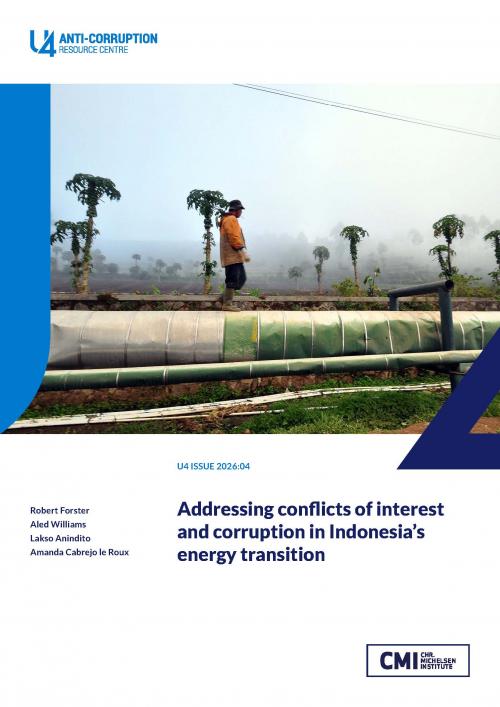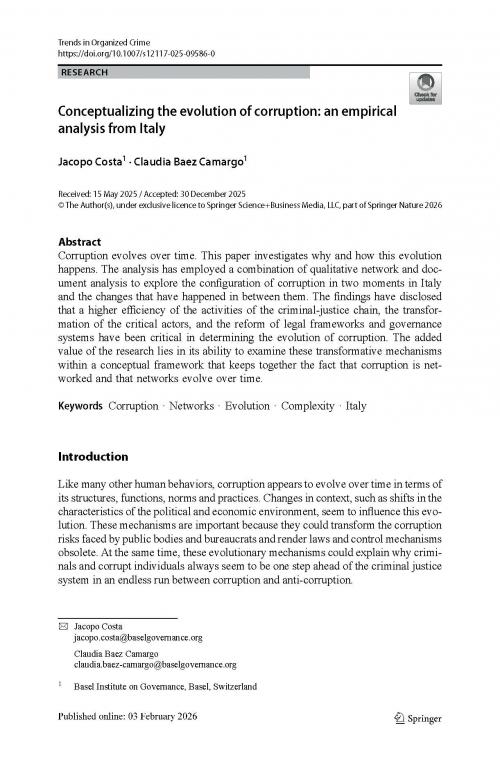Key developments in mandatory human rights due diligence and supply chain law: Considerations for employers
Human rights are a key concern for business. As the global voice of business, IOE is deeply engaged in the business and human rights agenda and strongly supports the UN Guiding Principles on Business and Human Rights (UNGPs). The UNGPs were endorsed by the UN Human Rights Council in its resolution 17/4 of 16 June 20111. They set out the existing obligations of States to respect, protect and fulfil human rights and fundamental freedoms; the role of business enterprises to comply with all applicable laws and to respect human rights; and the need for rights and obligations to be matched to appropriate and effective remedies when breached.2 The corporate responsibility to respect human rights applies to all business enterprises, regardless of their size, sector, location, ownership, and structure.
The past few years have seen the emergence of several legislative developments related to the business and human rights agenda; most recently, in summer 2021, the German and the Norwegian parliaments adopted a new law on corporate due diligence in the supply chains.
An important focus in the discussions on business and human rights is on mandatory human rights due diligence.
This paper aims to support the meaningful engagement of the business community in these discussions, by clarifying what the UNGPs say on due diligence; setting out the recent legislative and judicial developments; enumerating the expectations and recommendations of stakeholders and the UN; and highlighting the critical points for business to know and consider.
Links and other languages




